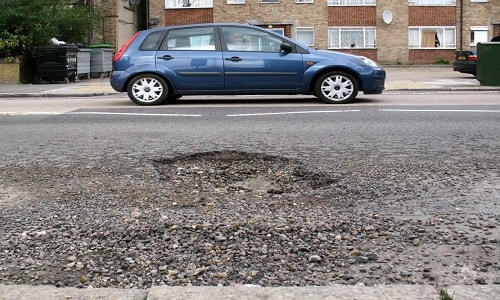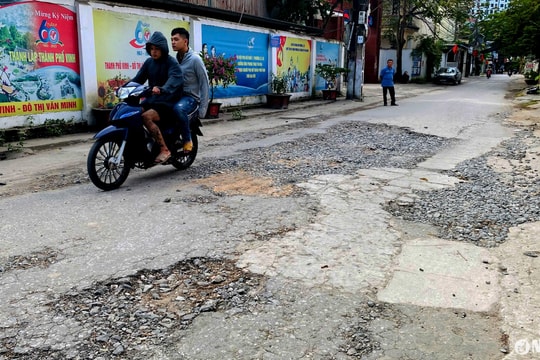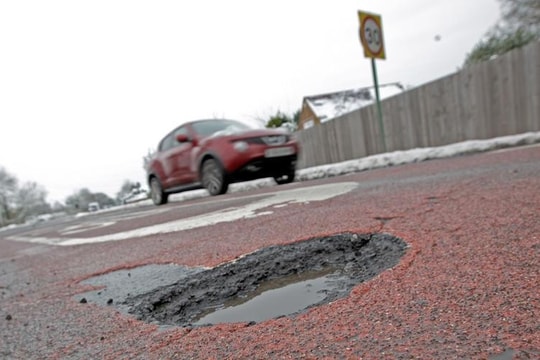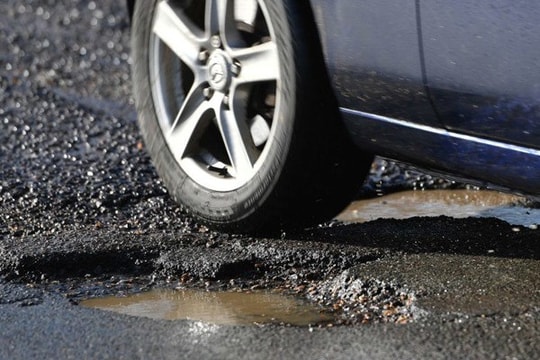Netherlands creates asphalt that heals potholes on its own
Cracked, potholed roads could be a thing of the past thanks to a new asphalt material that can self-heal and charge electric cars, designed by Dutch scientists.
 |
| A new type of asphalt that can repair potholes on the surface. Photo: Inhabitat. |
Dutch researchers are developing self-healing materials, focusing on two basic materials for infrastructure: concrete and asphalt, Tech Times reported.
Asphalt is used for road surfacing because it is easy to spread, has a porous structure and forms a hard surface when cooled. However, the main disadvantage of asphalt is that it is not durable and the road surface cracks very quickly, causing large potholes to appear.
Self-healing asphalt could be the solution to making roads safer and more sustainable, according to Erik Schlangen, a materials scientist at Delft University in the Netherlands.
The modified asphalt created by Schlangen’s team contains tiny, electrically conductive steel fibers. Running an induction generator through the asphalt heats the material, and the machine acts as a magnet for the fibers to bond together and repair the crack. In other words, the asphalt can only heal itself using induction, but this method is more compact and easier to use than current road repair methods.
Scientists tested the self-healing asphalt on 12 roads in the Netherlands. Schlangen said the asphalt roads would be in good condition for 7-10 years.
Schlangen estimates that the special self-healing asphalt costs 25% more than regular asphalt, but is very cost-effective in the long run, doubling the life of the road. By one estimate, the Netherlands could save $98 million a year if all its streets were to be covered with self-healing asphalt.
According to VNE
| RELATED NEWS |
|---|

.jpg)
.jpg)




